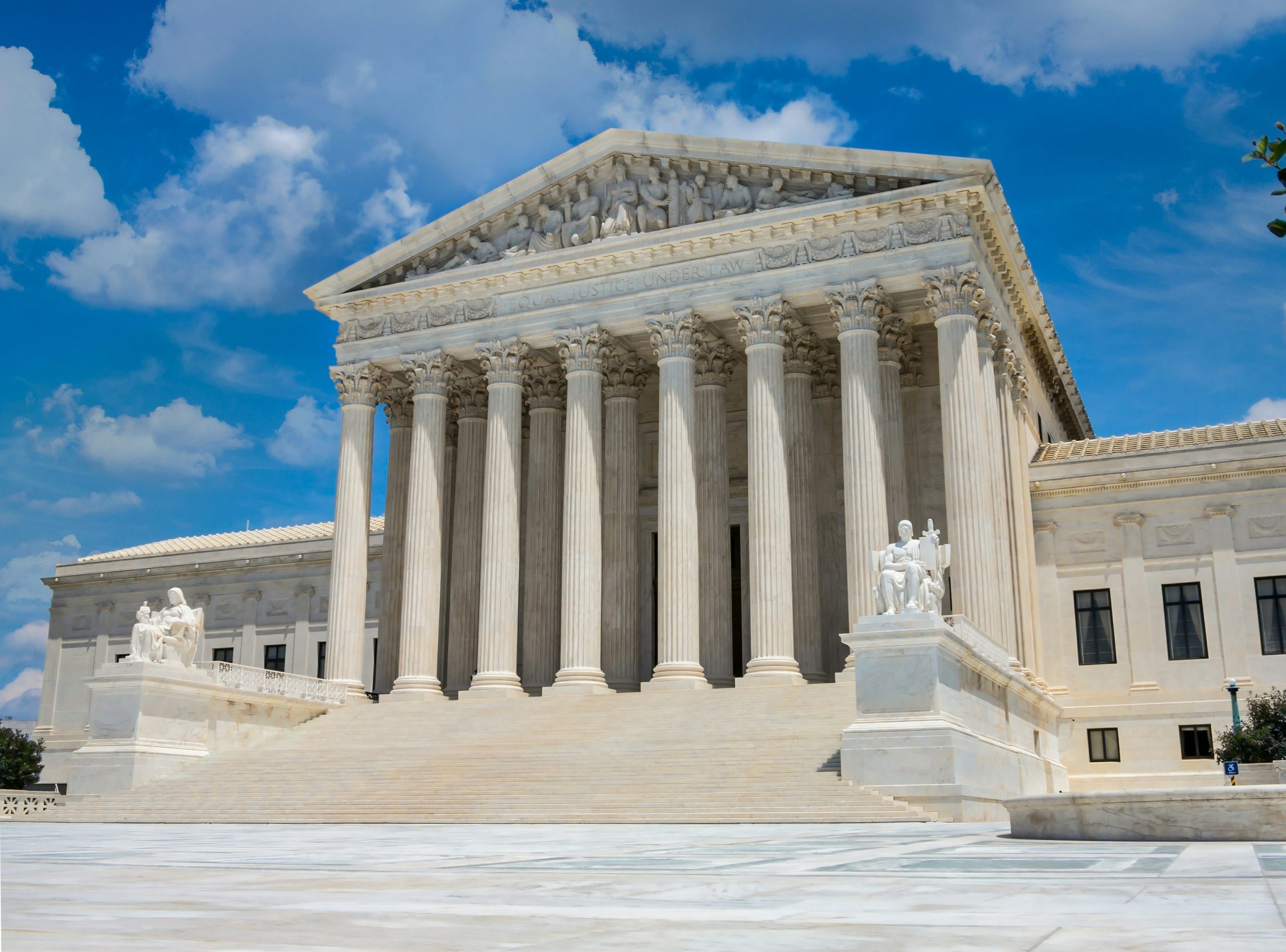The U.S. Supreme Court is poised to hear a landmark case this coming term that will determine the constitutionality of state laws banning transgender girls and women from participating in female school sports teams. This decision, expected in early summer 2026, carries potentially profound implications for transgender rights across the country and the future of gender classification in athletics.
The cases originate from Idaho and West Virginia, two states that have enacted laws prohibiting transgender female athletes from competing in girls’ and women’s sports at public schools. Idaho was the first state to pass such a law in 2020, followed by West Virginia in 2021. Both laws define sports teams based on “biological sex” and bar “students of the male sex” from female athletic teams. The laws have been challenged by transgender students who argue these bans violate the Equal Protection Clause of the 14th Amendment and Title IX, the federal civil rights statute that prohibits sex discrimination in education programs receiving federal funding.
The legal battles began when transgender athletes like Lindsay Hecox of Idaho and Becky Pepper-Jackson of West Virginia sought to participate on sports teams that align with their gender identity. Both athletes initially won injunctions blocking the enforcement of these bans in lower courts. For example, Hecox successfully argued that Idaho’s law likely violates Title IX and constitutional protections, with federal courts agreeing and preventing the state from enforcing the ban against her. Similarly, the Supreme Court had previously blocked West Virginia’s ban temporarily in 2023, allowing Pepper-Jackson to compete while legal challenges proceeded.
However, the states, represented by conservative legal groups such as the Alliance Defending Freedom, are appealing these rulings to the Supreme Court, seeking to uphold their laws. They argue these measures protect fairness and safety in women’s sports by ensuring competition is based on biological sex. West Virginia’s Attorney General stated that the law “protects women and girls by ensuring the playing field is safe and fair”.
This case arrives on the heels of the Supreme Court’s recent conservative rulings on transgender issues, including a 6-3 decision upholding Tennessee’s ban on gender-affirming care such as puberty blockers and hormone therapy for transgender minors. That ruling signaled the Court’s willingness to allow states significant leeway in regulating transgender rights, particularly concerning minors. The current sports ban cases, however, raise distinct legal questions about discrimination in educational athletics and the scope of Title IX protections.
More than half of U.S. states, mostly with Republican leadership, have enacted similar bans on transgender participation in female sports since 2020, prompting a wave of lawsuits nationwide. The Supreme Court’s forthcoming decision will likely set a precedent that either affirms or restricts the ability of states to enforce such policies, impacting millions of transgender youth and the broader landscape of civil rights law
At stake is the interpretation of sex discrimination under Title IX and the Equal Protection Clause—whether excluding transgender girls from female sports constitutes unlawful discrimination or is a permissible measure to preserve competitive fairness. Advocates for transgender rights emphasize the importance of inclusion and the harms caused by exclusionary policies, while supporters of the bans argue biological differences justify separate categories in sports.
The Supreme Court’s ruling will not only affect school sports but could ripple into other areas of transgender rights and protections. Given the Court’s recent conservative majority and its trajectory in transgender-related cases, the decision is highly anticipated and will be closely watched by civil rights groups, educational institutions, athletes, and policymakers nationwide.
In conclusion, the Supreme Court’s review of Idaho and West Virginia’s bans on transgender female athletes marks a pivotal moment in the ongoing national debate over transgender rights and gender classification in sports. The ruling will clarify the legal boundaries of state authority under Title IX and the Constitution, with far-reaching consequences for transgender youth, educational equity, and the future of women’s athletics in the United States.

